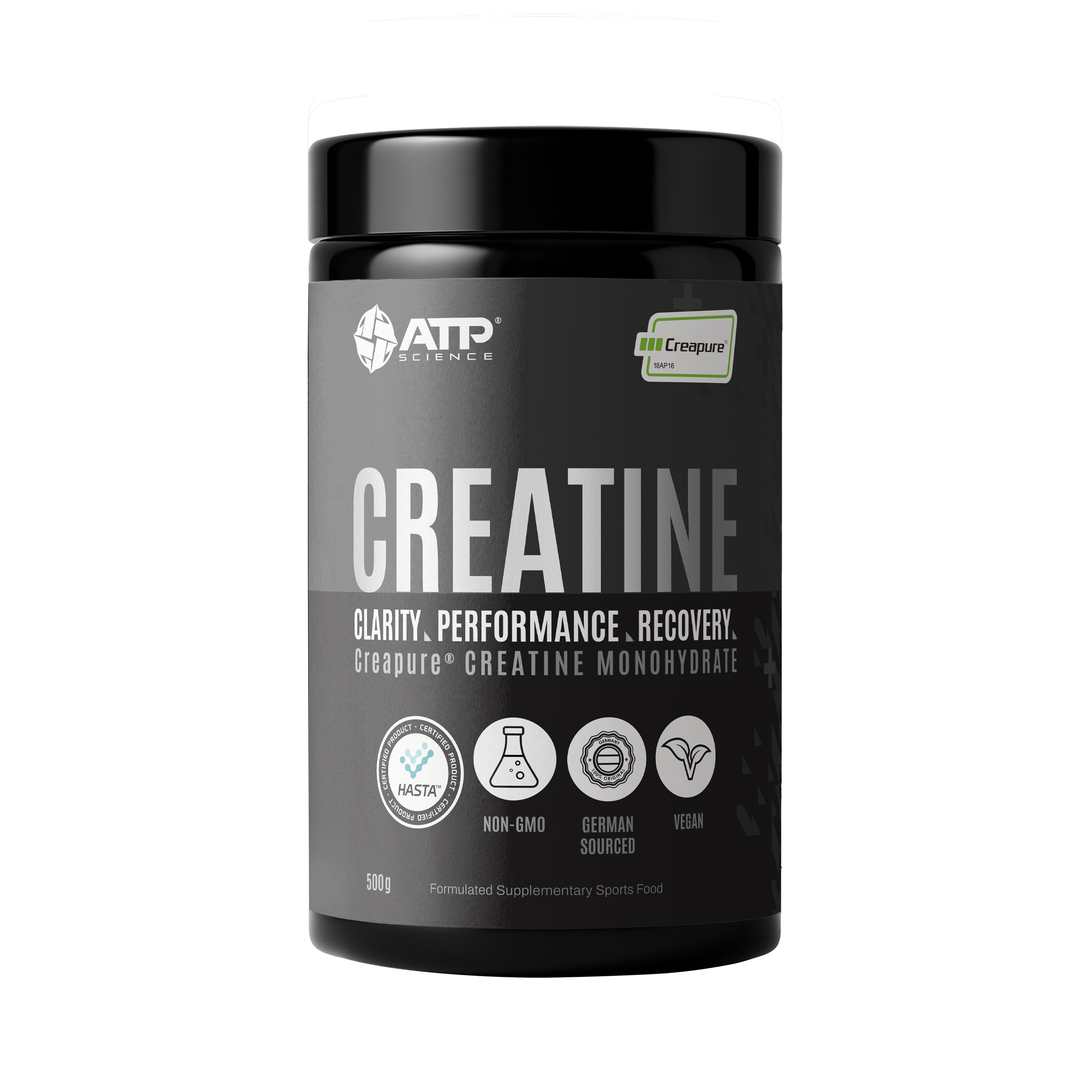Is the ‘Bad’ LDL Cholesterol really that Bad?
Most of us have been told by our doctors that cholesterol is a bad thing. At social gatherings when the topic of health arises (like it always does), the individuals sprout their cholesterol numbers like they were reciting their age. Í am pretty healthy as my cholesterol is 4.3…etc.’ But what does that number mean? Is one number that important? After all, the vast majority of cholesterol in our bodies is actually made by our liver. The question then must be asked,‘why is our body making stuff that is killing us’? And isn’t there a ‘good’ and ‘bad’ cholesterol anyway? More about that later. First, the basic information on cholesterol.
Why do we need Cholesterol?
Before you consider removing your stupid liver for making stuff that is supposed to be killing us, it is important to note that cholesterol is vitally important for your health. Cholesterol performs the following functions in the body:
- Hormone production. Cholesterol plays a part in producing essential hormones such as oestrogen, testosterone, progesterone, aldosterone and cortisol.
- Vitamin D production. Vitamin D is produced from cholesterol when the sun’s ultraviolet rays reach the human skin surface.
- Bile production. Cholesterol produces bile acids which aid in digestion and vitamin absorption.
- Cell membrane support. Cholesterol plays a very important part in both the creation and maintenance of human cell membrane.
The ‘Good’ Cholesterol – HDL
HDL (High Density Lipoprotein) is often referred to as the ‘good’ cholesterol and for good reasons to! One of the important functions of HDL is to transport cholesterol from the cells and tissue back to the liver. High HDL-cholesterol is good as it takes cholesterol out of cells and the blood and helps to prevent excess cholesterol. HDL also removes cholesterol deposited in the walls of blood vessels. HDL is also anti-inflammatory and functions as an antioxidant also.
Figure 1. The role of HDL cholesterol taking fats back to the liver from the artery
Doctors will tell you that you need more HDL and less LDL (Low Density Lipoprotein). But recent evidence has demonstrated that this statement may only be partly true.
The ‘Bad’ Cholesterol – LDL
As figure 1 shows, that nasty LDL stuff dumps fats inside your arteries. That can’t be good! After all, a blockage of an artery supplying your heart blood is the biggest killer in Australia and the USA. This is what is termed a heart attack. If we just viewed the diagram, we would all be damming LDL cholesterol to hell. So if it is all bad, why is it there in the first place? After all, it is made in the liver.
Maybe LDL isn’t all bad after all
For decades, the mainstream view has been that an elevated level of total cholesterol (TC) is a primary cause of atherosclerosis and cardiovascular disease (CVD) and more recently, LDL has been singled out. There are several contradictions to the view that cholesterol is all that bad. In fact, no study of unselected people has found an association between TC and degree of atherosclerosis. And if we select LDL cholesterol out, a 2016 meta-analysis (which is the pooling of a number of other studies on the topic) on LDL cholesterol has shed new light on this often-misunderstood molecule.The study has revealed either a lack of an association or an inverse association between LDL and mortality among people older than 60 years. This means that LDL cholesterol levels were not associated with people dying and in fact some studies showed that you were less likely to die of your LDL was higher. In almost 80% of the total number of individuals, LDL was inversely associated with all-cause mortality and with statistical significance (in other words, beyond this occurring by chance). The study findings provide a paradoxical contradiction to the cholesterol hypothesis. As heart disease starts mainly in middle-aged people and becomes more pronounced with increasing age, the cholesterol hypothesis would predict that there should be a cumulative artery clogging burden, which would be expressed as greater CVD and all-cause mortality, in elderly people with high LDL levels. The results raise several relevant questions. Why is high TC a risk factor for CVD in the young and middle-aged, but not in elderly people? Why does a subset of elderly people with high LDL live longer than people with low LDL? If high LDL is potentially beneficial for the elderly, then why does cholesterol-lowering treatment lower the risk of cardiovascular mortality?
Low LDL Can Cause Diseases
LDL increases susceptibility to fatal diseases. Support for this hypothesis is provided by animal and laboratory experiments from more than a dozen research groups which have shown that LDL binds to and inactivates a broad range of microorganisms and their toxic products.
What does this all mean?
Recent evidence suggests that when it comes to overall mortality, LDL levels are not related to death rates, which of course must be the most important factor (and not the number on your blood test).There is now evidence that LDL cholesterol, once considered the ‘bad’ cholesterol may have some important roles to play in the body, particularly when it comes to protecting against infections, as does your total cholesterol.
The human body is very complex and still holds mysteries. It is important that we also respect its natural processes. After all, the body does make cholesterol for very good reasons.
References:
Ravnskov U. Is atherosclerosis caused by high cholesterol? QJM 2002;95:397–403. Lack of an association or an inverse association between low-density-lipoprotein cholesterol and mortality in the elderly: a systematic review. Ravnskov U et al. BMJ Open. (2016)
Ravnskov U, McCully KS. Vulnerable plaque formation from obstruction of vasa vasorum by homocysteinylated and oxidized lipoprotein aggregates complexed with microbial remnants and LDL autoantibodies. Ann Clin Lab Sci 2009;39:3–16.
Ravnskov U, McCully KS, Rosch PJ. The statin-low cholesterol-cancer conundrum. QJM 2012;105:383–8.
Neil HA, Hawkins MM, Durrington PN, et al. Non-coronary heart disease mortality and risk of fatal cancer in patients with treated heterozygous familial hypercholesterolaemia: a prospective registry study. Atherosclerosis 2005;179:293–7.


















